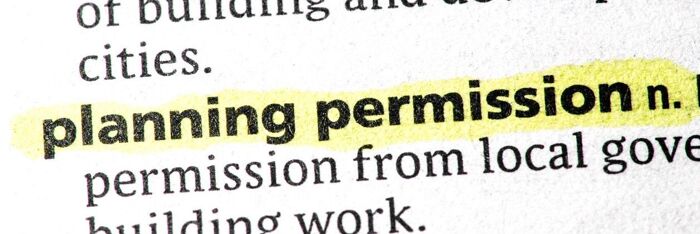Housing Development in the Countryside - Key Considerations
Introduction
Land use planning policies clearly set out that new housing should be located sustainably and where possible on brownfield land. However, rural areas also need to provide homes for local people and for those working in agriculture and other rural based enterprises. There are, of course, also those who aspire to live in the countryside.
So, what are the opportunities, constraints and processes within the planning system that address the need and demand for homes in the open countryside? How do these policies interact with the presumption in favour of sustainable development and the enshrined principle of positive planning? When are there acceptable exceptions to well-located sites supported by infrastructure and services? What evidence should accompany such an application?
This webinar will examine rural housing policies in national policy and the reasoning behind the limitations to delivering housing in these locations. We will look at rural exception sites, rural worker dwellings, re-use of redundant buildings (and heritage asset preservation) as well as paragraph 80 homes from both a policy and practice perspective. As part of a wider discussion we will consider the scope of Class Q development and the materiality of its use as a fall back position to a new house in the countryside.
What You Will Learn
This webinar will cover the following:
- Sustainable locations for housing and national policy on rural housing
- Rural exception sites and affordability - the policy and the practice including the obstacles to delivering on identified sites
- Criteria for a successful application for a rural workers dwelling and the assessment process
- Re-using vacant buildings and repurposing heritage assets - elements to be demonstrated in planning applications
- Paragraph 80 homes and how we understand ‘exceptional quality’ and ‘raising standards of design’
- Class Q development and the use of it as a fall back position
This webinar was recorded on 3rd July 2023
You can gain access to this webinar and 1,700+ others via the MBL Webinar Subscription. Please email webinarsubscription@mblseminars.com for more details.










